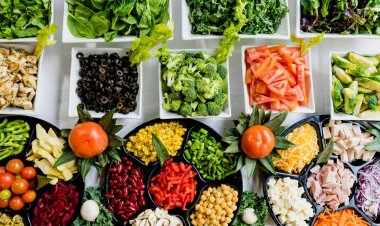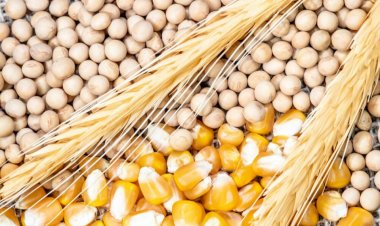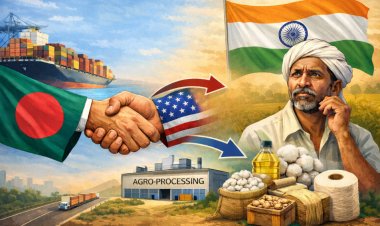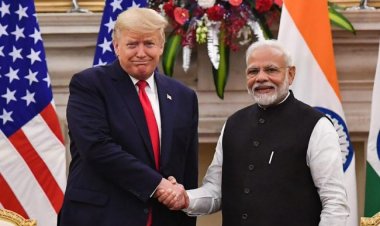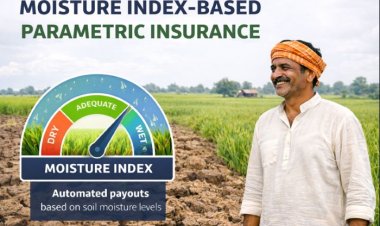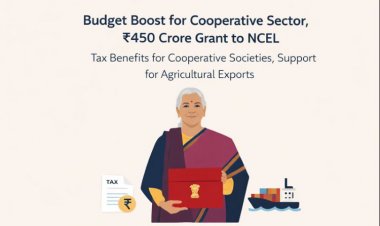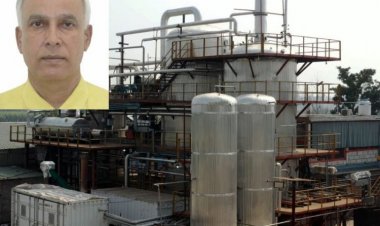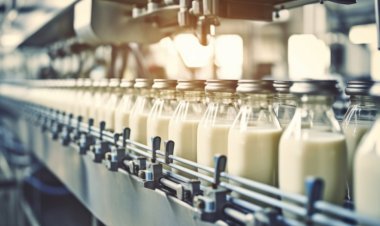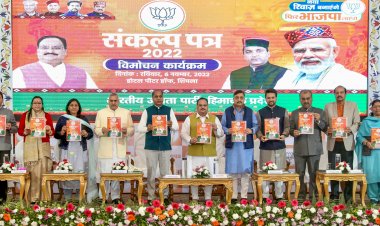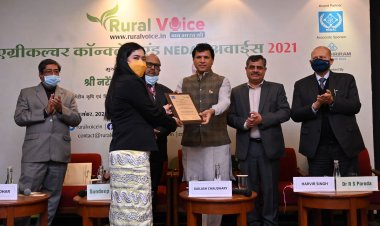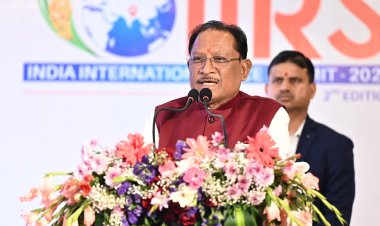Global Agriculture Trade Faces a Growing Protectionist Threat
Global agriculture trade faces a more costly and complicated future as more countries make use of protectionist measures to gain greater control over their domestic supplies and prices. Actions have ranged from import/export bans, such as Turkey’s ban on wheat imports and India’s ban on non-basmati rice exports, to tariffs and stringent sanitary and phytosanitary rules.
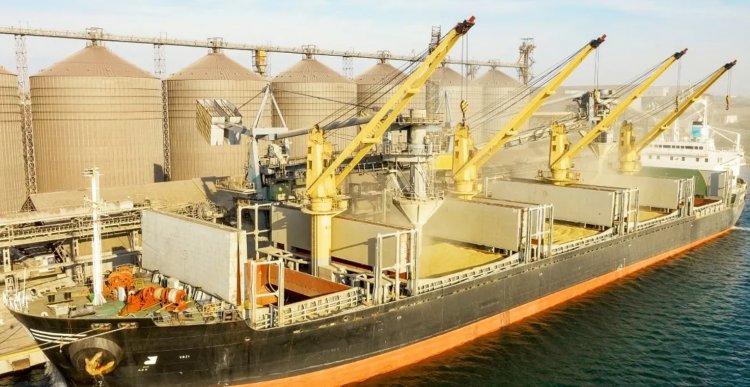
Global agriculture trade faces a more costly and complicated future as more countries make use of protectionist measures to gain greater control over their domestic supplies and prices. Actions have ranged from import/export bans, such as Turkey’s ban on wheat imports and India’s ban on non-basmati rice exports, to tariffs and stringent sanitary and phytosanitary rules. Global magazine World Grain has said this in a report by Susan Reidy published in its August 2024 issue.
Multilateral agreements are being replaced with bilateral and regional policies resulting in a fragmented patchwork of rules that have countries pulling in different directions. The report mentions Rabo Bank’s executive vice president Stephen Nicholson as saying, “I don’t remember quite this serious of a protectionist phase in my career. It just complicates trade, and it hurts some countries, and it benefits others. You get winners and losers rather than more winners.”
A combination of factors is creating conditions that lead to these protectionist measures, including memories of supply chain shocks due to the COVID-19 pandemic, rising inflation, geopolitical unrest, backlash against globalization, and political uncertainty with elections taking place this year in countries that are home to nearly half of the world’s population.
Nicholson says, “In agriculture, that’s all fine and good until something goes wrong, like a supply shock. Then you have a lot more volatile price fluctuations, and that’s on top of the fact that you’re raising prices because it’s a more costly supply chain.”
Tanner Ehmke, lead economist for grains and oilseeds at CoBank, says in this report, “While the reasons for protectionist measures vary from country to country, there are common threads, including the supply chain shocks brought on by the COVID-19 pandemic. The world moved from a just-in-time to a just-in-case supply chain.” “There’s an incentive to maintain an inventory, just in case,” Ehmke said. “There’s going to be a natural tendency to stockpile on the individual level or government level.”
Mentioning India, Nicholson said, “It banned exports of non-basmati white rice and later imposed a 20% duty on exports of parboiled rice. Currently, Indian ministers are deciding on the rice export ban and are considering lifting its 40% import tax on wheat.”
“They want to rebuild their state reserves and take advantage of cheap global wheat prices so that’s a lowering of trade restrictions,” Ehmke said, but it’s also an indication that India is probably not going to move on export restrictions. “Right now, they’re having some weather issues and food inflation is still a problem.”
The report says that geopolitical issues, such as Russia’s invasion of Ukraine in February 2022, have raised the temperature and skepticism of trade. EU restrictions on Ukrainian grain were a direct result of the invasion. Grain had to find other routes, and ended up in Poland, Slovakia, Hungary and Romania, creating a glut that lowered prices and hurt local farmers. Turkey also is looking to protect its farmers from price decreases, following back-to-back Russian wheat crops that were near record large. A lot of supply chains got rerouted. Grain doesn’t stop; it just becomes more costly.
As Ehmke says, “Following India’s rice export ban, prices increased more than 20%, and African nations, which heavily relied on India for rice, were scrambling to find new suppliers. Madagascar’s rice imports dropped 44% in 2023, while Kenya saw its rice imports drop to zero after the ban. Prior to that, it had imported 817,000 tonnes, almost 70% from India.”
Protectionist measures in the short term may achieve the goals hoped for, but in the long term it could lead to unintended consequences, Nicholson said. “You might think you’ve solved the problem for the moment, but the reality is it’s going to hurt in the long term,” he said. “If you try to protect a domestic sector, in the long term the economy is going to figure out that it's not a low-cost producer or a reliable producer because it’s propped up by government policy, and that can change.”
It took the United States a long time from an agriculture perspective to be viewed as a reliable supplier following embargoes in the 1970s, Nicholson said. The same thing has happened with soybean exports following the US-China trade war from 2018-20.
Over the last 40 years, the United States has seen its agricultural export share fall to 21% from 60%, Nicholson said, partly because of increased competition with nations such as Brazil, Russia and Ukraine, but also because of tariffs and resulting retaliatory actions.
Protectionist measures also produce regional trading partners instead of global trade rules, he said. “There’s individual rules across these bilateral or trilateral trade agreements so everyone has different rules,” Nicholson said. “It makes it more complicated, which makes it more costly.”



 Join the RuralVoice whatsapp group
Join the RuralVoice whatsapp group

















